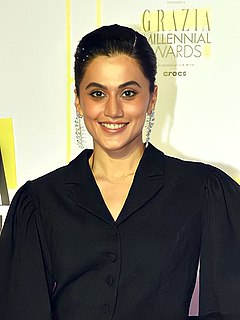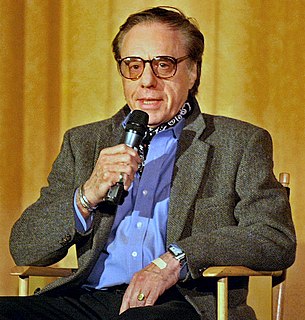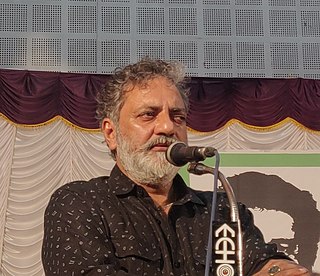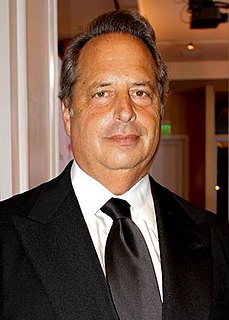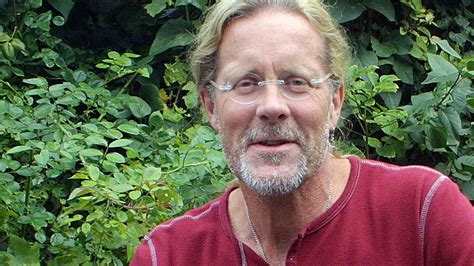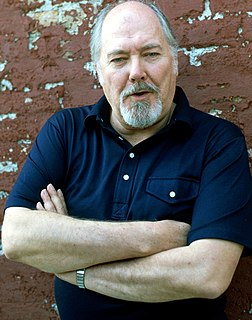A Quote by Jay Roach
My biggest role as director on the film is keeping a sense of the overview - how to cast the movie and shoot it in such a way that it will cut together. And how to design the style and tone.
Related Quotes
With a director it's all about the work; I'd work with a great director over - you know, I'm not the kind of actor who that doesn't go, 'I want to play this role.' It's more like, 'I want to work with this director,' regardless of what the role is because if it's a good director, you'll probably find a good role because it's a decent film. But a mediocre director will always make a mediocre movie.
I don't believe in doing thousands of cuts, then giving it to the editor to make the movie. 'Dump-truck directing' is my reference to that style of moviemaking. You have to know how to cut before you can shoot well. The lack of definition in movies today is appalling. Very few people know how to mount a narrative anymore. If a scene works in one cut, you don't need 10. Or it might need 10. Let's not make it 20.
You can’t take everything on. That’s why when people ask how does this film fit into my oeuvre. I say 'I don’t know. I don’t think in those terms’. If I did, I might become incapacitated by fear . . . How do you eat a whale? One bite at a time. How do you shoot a 150-day movie? You shoot it one day at a time.
Mammootty came on board unexpectedly. 'Uncle,' which I am co-producing with Sajai Sebastian, was meant to be a low-budget film and we had almost cast another actor in the titular role. But, during the shoot of 'Puthan Panam,' I narrated the film's plot to Mammootty, who liked it and wanted to do the movie.
I kind of joke with myself that you shouldn't be able to be a creative producer if you weren't a first AD. Because it is such fantastic training for really understanding what everyone does, and how the movie actually gets made. You have to know if you're the first you're kind of the set general, you're at the director's right hand, you know everything about how a director puts a movie together, you know everything about how a movie gets made.
When you're directing an ongoing series, the tone has already been set. So a director will come in and fulfill that tone - reinforce the characters and their behavior. The challenge is to find unique ways that you can visually tell the story while keeping the established tone and the pace and the characters.
The director makes the movie. The director has to have the story in their head, has to know the style of the piece, has to answer questions from actors, design, set, lighting, every department throughout the pre-production, production, and post-production, because they've got it in their mind. They've got to know exactly what they want and what the style and story of the movie is. It's them. They make it.
My job on a film is to be responsible for all the sounds in the movie besides the music. Together with my team, we work on the dialogue, foley, sound effects, and sound design. We work closely with the director and picture editor in the prep period, and then together with them, the sound mixers, and music crew, we collaborate on the final mix of the film.



